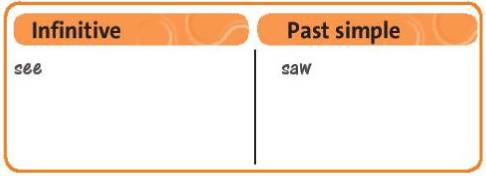Read the following passage and mark the letter A, B, C, or D on your answer sheet to indicate the correct answer to each of the questions from 28 to 35.
In America, when dining, people consider it rude for a guest or dining partner to belch or burp, eat with an open mouth, smack, or lick your fingers. Napkins, generally provided are available at every meal and should be placed in one's lap and then used throughout the meal to clean one's fingers and mouth.
It is acceptable to refuse additional servings of food by saying "No, thank you" and the host or hostess will not be insulted if you do so. Similarly, if you leave a small amount of uneaten food on your plate at a restaurant or in a home, it is not considered an insult. If you eat everything on
the plate, a host or hostess may possibly feel that they have not prepared enough food and might be embarrassed. People in the United States serve and eat food with either hand, but never take food from a communal serving dish with their hands. Generally, a serving utensil is used.
Americans typically use forks, spoons and knives to eat, but there are some types of foods that are acceptable to eat with one's fingers, like sandwiches or pizza. When in doubt, look to see what others are doing. In formal dining situations, if you wonder whether or not it is acceptable to begin eating, you should wait until the oldest woman (or oldest man if no women are present) begins to eat. When eating, do not pick up the bowl or plate from the table to hold underneath your mouth, Even noodles, soup, and rice are eaten with the plate or bowl remaining on the table. When consuming soup and hot liquids, it is considered impolite to slurp - do not do this. When consuming noodles, twirl them around your fork and then put it in your mouth.
If you are a man taking out a woman for dinner, you are almost always expected to pay. This is for the woman to gauge your intentions and interest with her. For example, taking a woman for coffee, versus tacos, versus a fancy dinner, versus for drinks at 11:30pm, all signal many different things to them. So, the date is a -test- of many. Paying is just as important as where you take her, and how late. So, don't assume she is just trying to get a "free meal". Most girls aren't. Also, if you are going out with a friend to eat, almost always, the bill is expected to be split in half, or each person pays for themselves.
If you are eating in a restaurant, you will be expected to add a 15 to 20 % tip for the server to your bill. In America, wait staff might occasionally stop by your table to ask how your meal is, which is considered good service. They will also bring you your check when it seems reasonable that you are finished with your meal, however this is not necessarily an indication that you must leave right away (Do not be too embarrassed to ask for the check either waiters and waitresses cannot read minds.) Take your time to finish your meal, and unless there is a line of people waiting at the door, it is not considered rude to linger at your table for as long as you like.
Question 28: Which of the following could be the best title of the passage?
A. What should we do when being invited to the American's dinner?
B. Table etiquette in America.
C. Polite behavior at American's restaurants.
D. What is acceptable in dining etiquette in America?



Tham khảo
Hearing
(thính giác)
Sight
(thị giác)
Smell
(khứu giác)
Taste
(vị giác)
Touch
(xúc giác)
sound (âm thanh), listening (nghe), tone – deafness (điếc giai điệu), have a good ear (có tai thính), listen (nghe)
look (nhìn), clour–blindness (mù màu), see (thấy), watch (xem)
smell (ngửi)
taste (nếm)
feel (cảm giác), hold (cầm/ giữ), losing sensation (mất cảm giác)